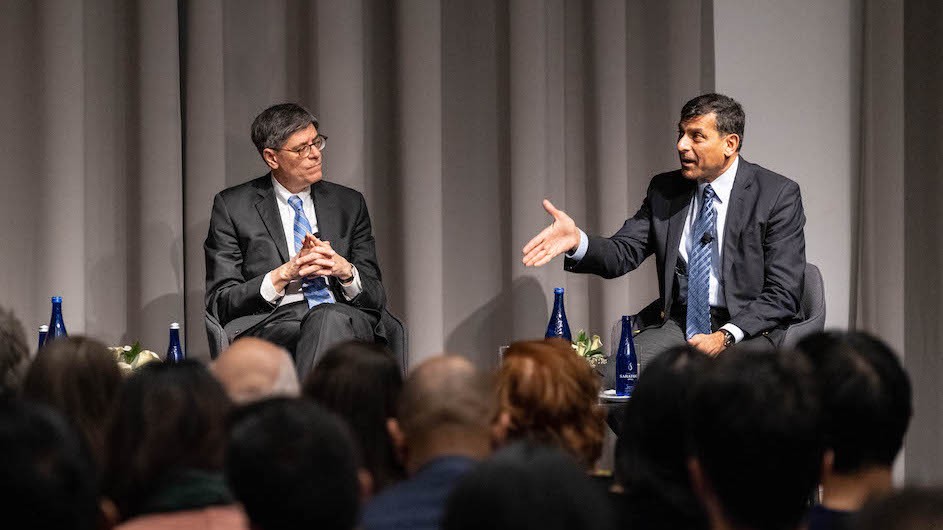This page features news and research related to topics about politics at Columbia University.
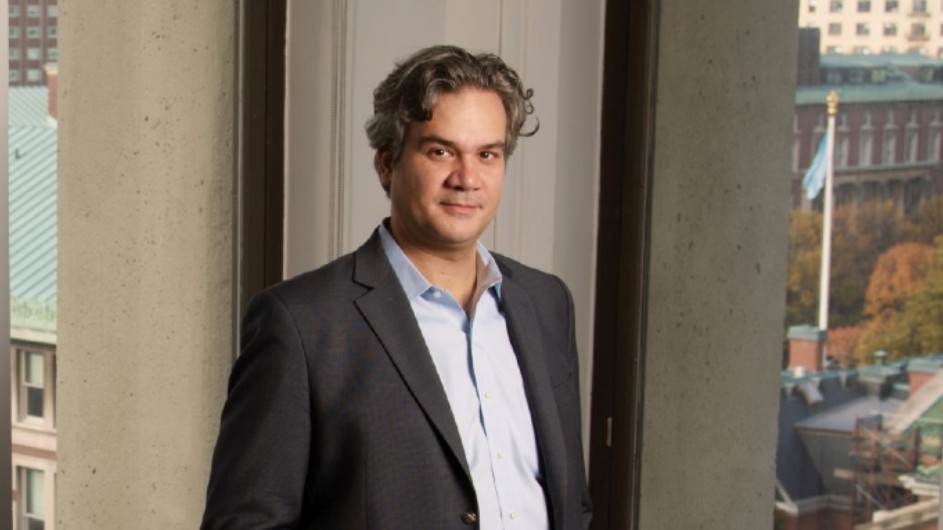
Alexander Cooley's Exit from Hegemony examines the US international system from the end of World War II to President Donald Trump.
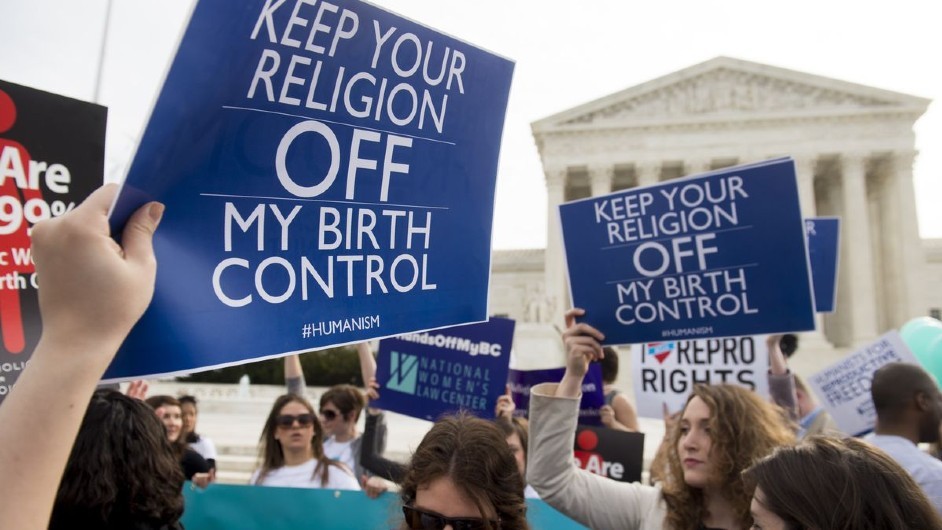
The ruling highlights a growing trend among the justices in which religious liberty supersedes other rights.
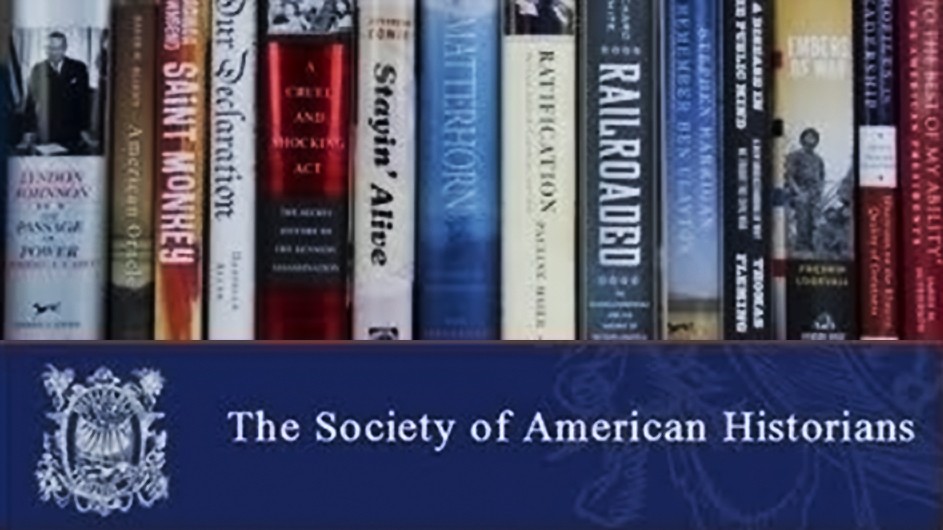
Awards for literary excellence in the writing of history were given to Robert Colby, Charles King and Frances FitzGerald, who received the inaugura
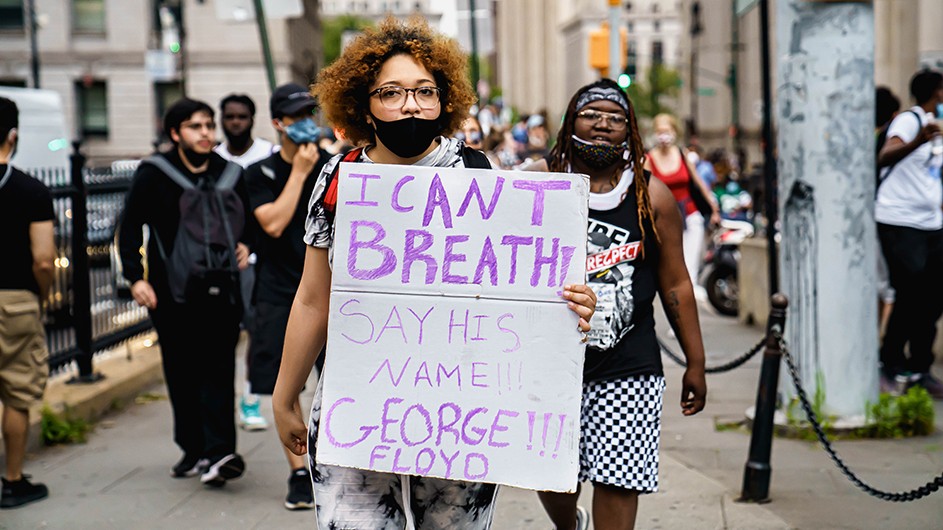
Frank Guridy, Wilmot James, and Charles V. Hamilton share their perspectives on the anti-Black violence that has led an angry public to protest.
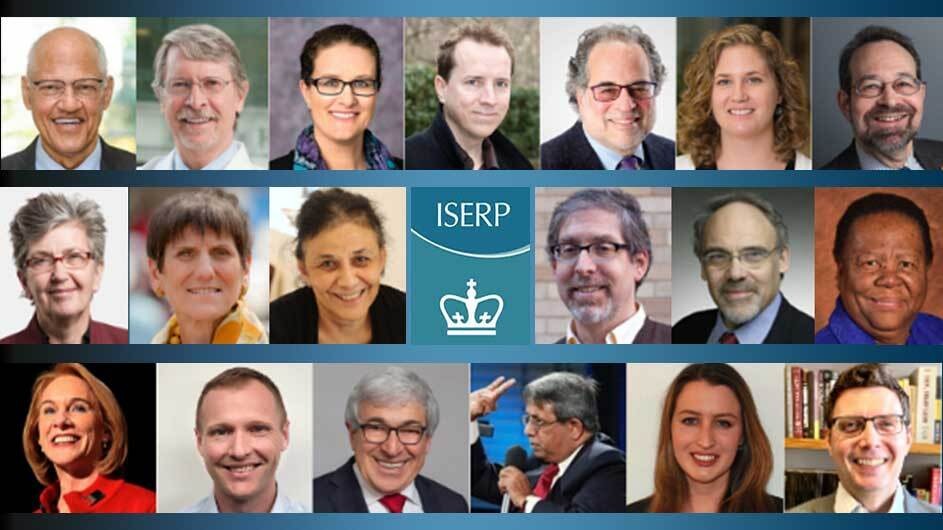
To kick off this new initiative, the institute is organizing a five-day online course to discuss government and corporate leadership during the COV
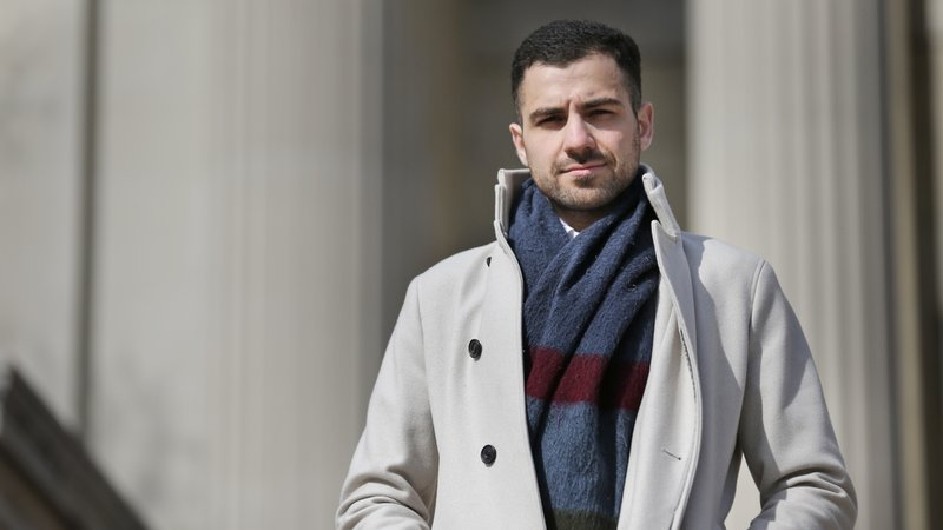
With detentions and delays behind him, political science major Qutaiba Idlbi is determined to bring political transition and justice to Syria.

American children are going hungry. Increasing access to SNAP benefits could help feed them.
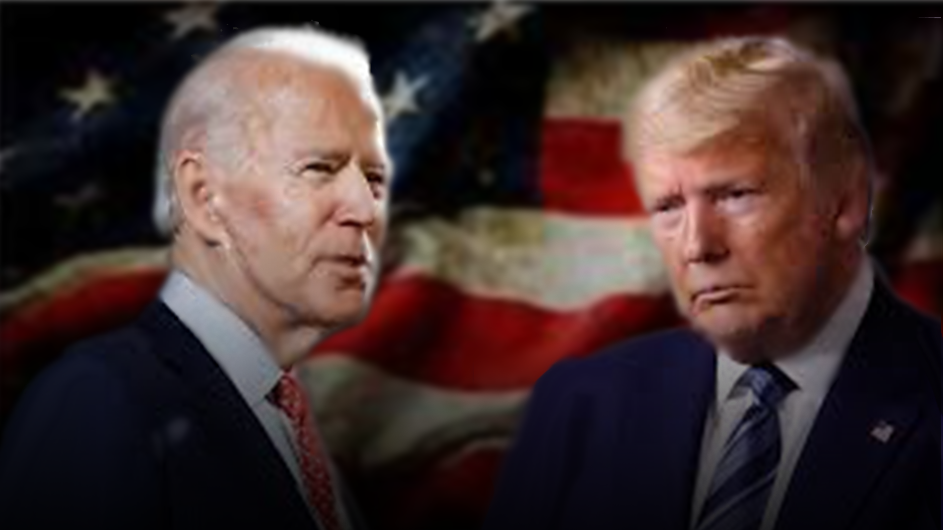
Experts weigh in on the issues and challenges facing both candidates and voters in the 2020 presidential race.
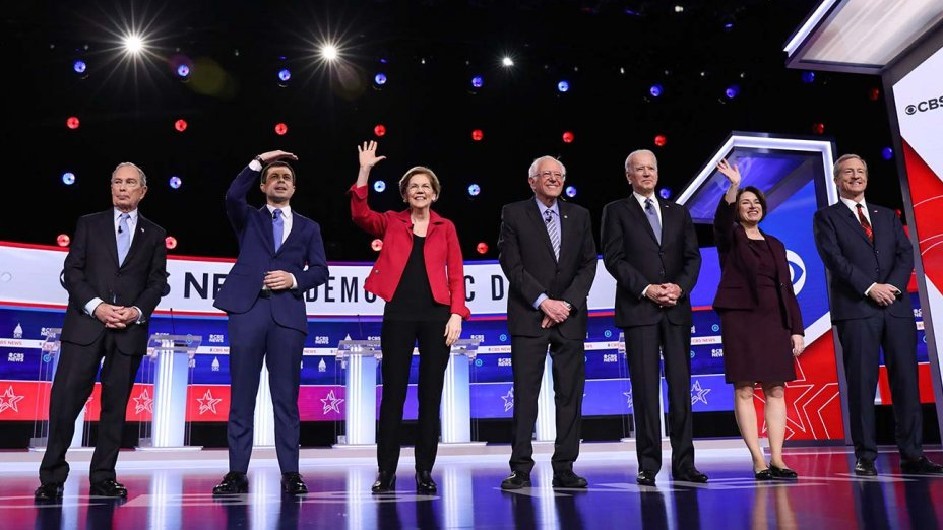
Pundits are full of assertions on winning White House bids, but they are just opinions and nothing more.
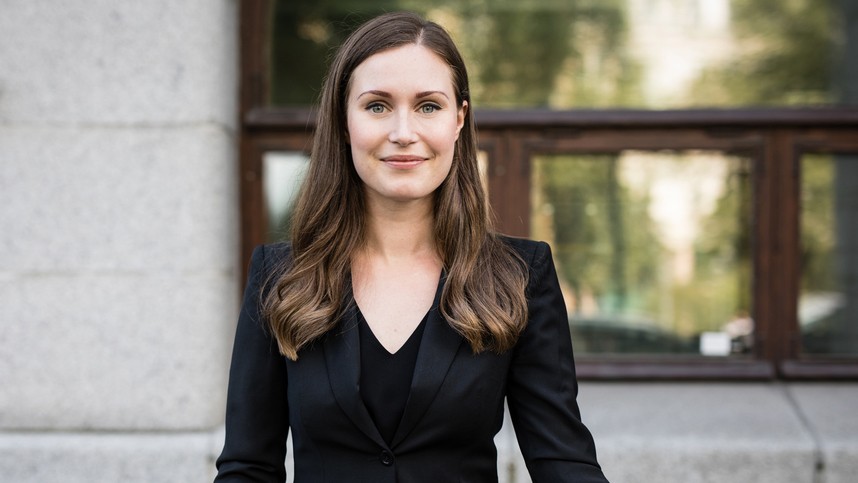
As part of Columbia's World Leaders Forum, she will talk about climate change, gender equality and social welfare.
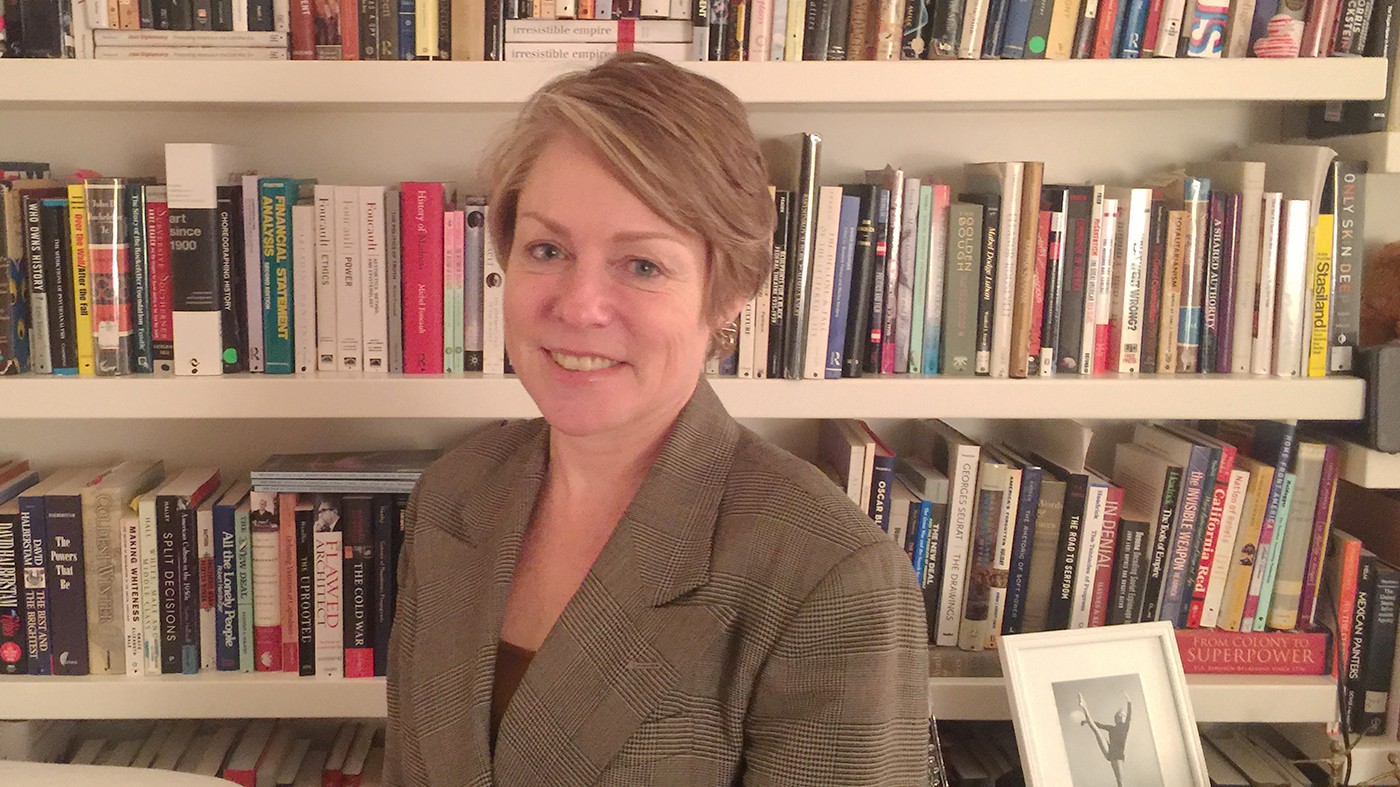
Historian Victoria Phillips examines the power of cultural diplomacy in her new book, Martha Graham's Cold War.
